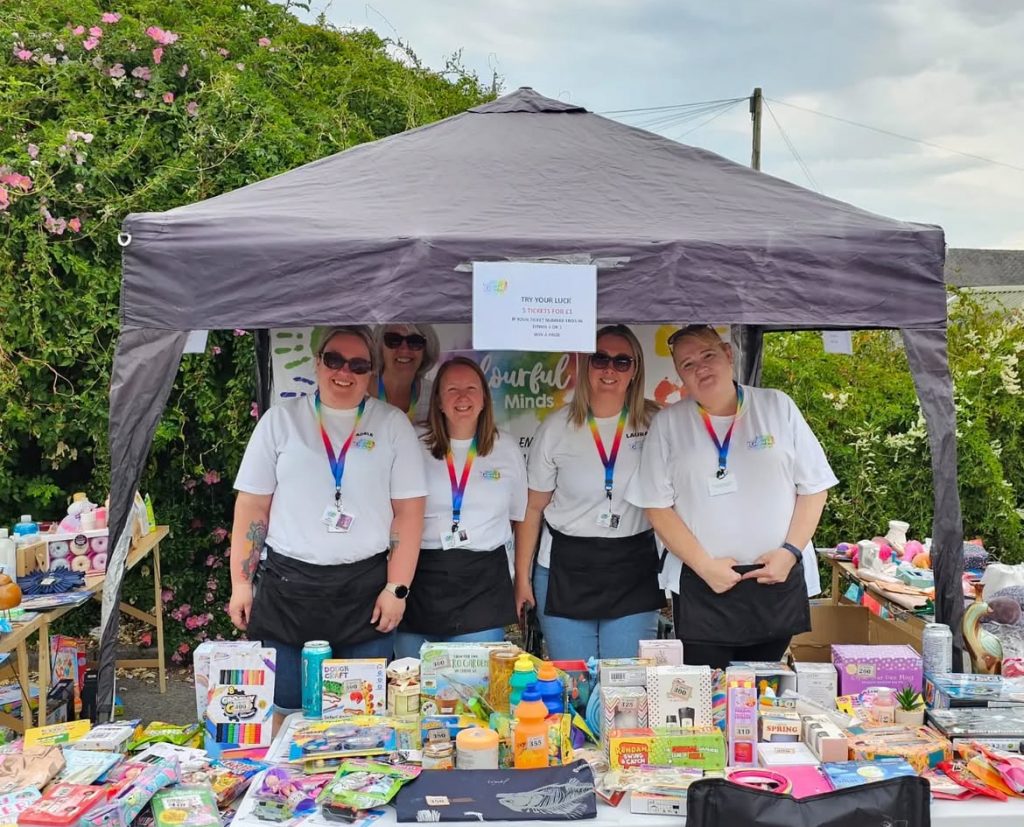
October marks ADHD Awareness Month, the annual event to bring attention to and break stigma around ADHD. Attention Deficit Hyperactivity Disorder (ADHD) affects millions of people across the UK, and yet it is still surrounded with misconceptions on what it really is.
ADHD in Greater Manchester
Laura Hansom is the director of Colourful Minds, an organisation based in Rochdale, which provides wellbeing and social support to SEN children and their families. Now six years in, Colourful Minds supports over 100 families in the Greater Manchester area.
Laura said: “I wanted it to be more than a support group. I wanted to empower families and equip them with knowledge”.

As a mother of two SEN children herself, Laura is well aware of the struggles families face to have their children understood and get the support they need. At Colourful Minds they offer ADHD awareness courses, as well as 1-2-1 sessions for families and school staff.
“I am sure it is the same in Manchester as it is in Rochdale, but the waiting list for services are just diabolical, so we try support families while they are waiting,” she said.
“When my son was diagnosed it was a lonely, lonely journey for me and my husband. You get the diagnosis and then there’s nothing. Like where do we go from here? How do we navigate this new world?”
For many who are not familiar with ADHD, they may be quick to assume it is just the traits of a naughty school boy – loud, distracting or lazy. However, this is completely wrong.
These stereotypical characteristics of ADHD are not indicators of being lazy or troublesome, but they are instead a result of the brain being wired differently.
“There is a reason behind every single behaviour,” Laura explains, and her aim is so train school staff and parents to understand these behaviours and show support, instead of leaping to a punishment.
ADHD in Adults
Another misconception about ADHD is that it only affects children. In reality, ADHD is something that people experience throughout their lives – including adulthood – and in many cases people do not actually realise they have ADHD until they become adults. In fact, it is estimated that 3-4% of adults in the UK have ADHD.

John Clarkson, 33, only received his official ADHD diagnosis this week after a gruelling two year process. He first realised he had ADHD over five years ago when a colleague suggested he showed traits of the condition. It wasn’t until it began to really effect his work a few years ago that he looked into getting support.
John started a podcast this year to create an online space for other people to share their stories of figuring out life with ADHD.
“I was inspired to start The ADHD Biography Podcast by my own experience of realising I had it and not knowing where to turn for support,” he said.
John speaks to a range of different voices about their lived experiences with ADHD. From The Apprentice contestants, to doctors and teachers, The ADHD Biography touches on the challenges industry professionals regularly face in their workplace and personal lives as a result of the condition.
For adults who suspect they have ADHD, it may be a challenging thing to come to terms with, especially if you don’t fully understand what it means.
“Going to the NHS website is a good place to start. Talking to doctors can help, they can be supportive if you’re open about what’s effecting you,” John said.
“The diagnosis process is so much longer than you’d think, so the sooner you start then the quicker you can get the diagnosis and receive support.”
